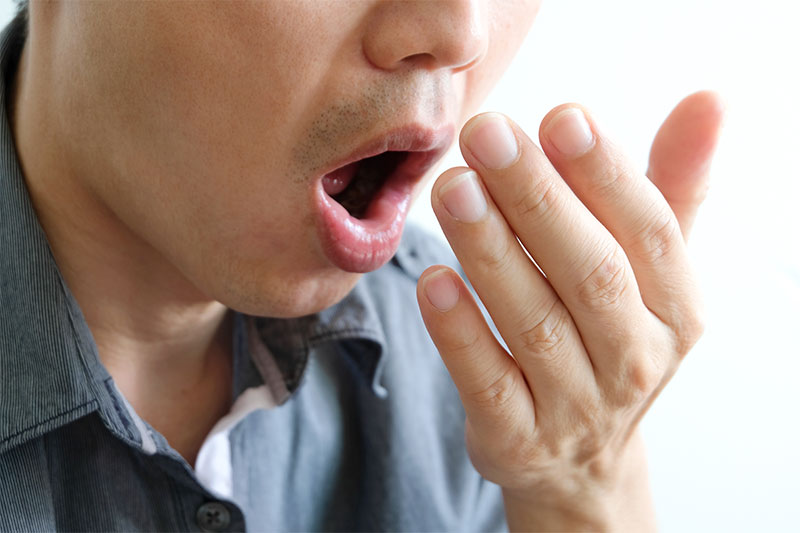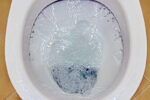
When something is wrong with your body, you experience a wide variety of symptoms, and they can be evident or not related at all. So, when a medical journal called Hippokrita published the interesting relationship between lousy breath and renal failure, the scientific community was shocked.
Let’s just say our bodies are complex, and the oddest and most awkward conditions might mean there’s something that is not right in another part of your body. Here’s what you need to know about bad breath and kidney problems. You’ll want to read this.
Fish breath is a thing.
Let’s just say that not all types of bad breath mean you have kidney problems. Bad breath is caused by poor oral hygiene, certain pesky gut bacteria, gingivitis or just the kind of food you just ate. Still, if you have Trimethylaminuria, a very long name for fish breath, and if you haven’t eaten fish in a while, then you might have a kidney disorder.
Fish breath is a rare condition, and scientists already knew about it. In fact, it’s a thing since it was first studied in the 1970s. Still, linking the odd smell with the kidneys is something entirely new.
What causes fish breath?
So, here’s what happens when you have fish breath. Your body cannot eliminate a foul-smelling compound called trimethylamine, which is created in your gut when you eat certain foods and smells like rotten fish.
Your body creates the nasty compound while digesting meat, egg yolks, dairy products and other proteins, and it should eliminate it entirely in the kidneys. Still, if the kidneys are now working well, then, well, you kind of smell like fish. Why would this happen? You might be suffering from Chronic Kidney Disease, which can be fatal if untreated.
Other symptoms of chronic kidney disease
If you sense something wrong with your kidneys, you might have chronic kidney disease (CKD) or chronic kidney failure. And since fish breath is a rare symptom, let’s explore a few more common signs of loss of kidney function.
Nausea, vomiting and loss of appetite are common in people experiencing impaired kidney functions. Fatigue, sleeping problems and decreased mental sharpness are also common signs of developing kidney disease. This can also include swelling of feet and ankles, muscle cramps and shortness of breath.
Keep in mind most of these symptoms are related to many diseases and conditions, so to determine if you have kidney problems, talk to your doctor.
How to take care of your kidneys?
It’s never too late to take care of your kidneys. Once they begin to fail, they’re hard to regenerate, and you might need to clean your blood externally through dialysis or get a transplant.
To avoid and prevent this, try to keep your blood pressure in check, avoiding inflammatory food and food that can clog your arteries. Stay away from trans fats, processed meat, fast food, fried food, salt and simple sugars.
Eat more fruits and veggies, as the fiber can keep your arteries clean and your cholesterol levels low. And it’s not just about what you eat, to keep healthy kidneys, you must exercise and stay active.
If you have diabetes or are prone to diabetes, be extra careful, meet your blood sugar targets and take your meds. One out of five people with diabetes experience chronic kidney disease.
Keep those kidneys safe!
Our kidneys work extra hard to keep our bodies clean of toxins and take care of every waste. That’s one tough job, and you’ll notice changes in your body as soon as the kidneys start to fail.
Try eating better and live actively. Your kidneys will thank you for it. And if you feel symptoms of weak kidneys, talk to your doctor and don’t get discouraged. The kidneys might be delicate, yes, but they’re tougher than you think.



